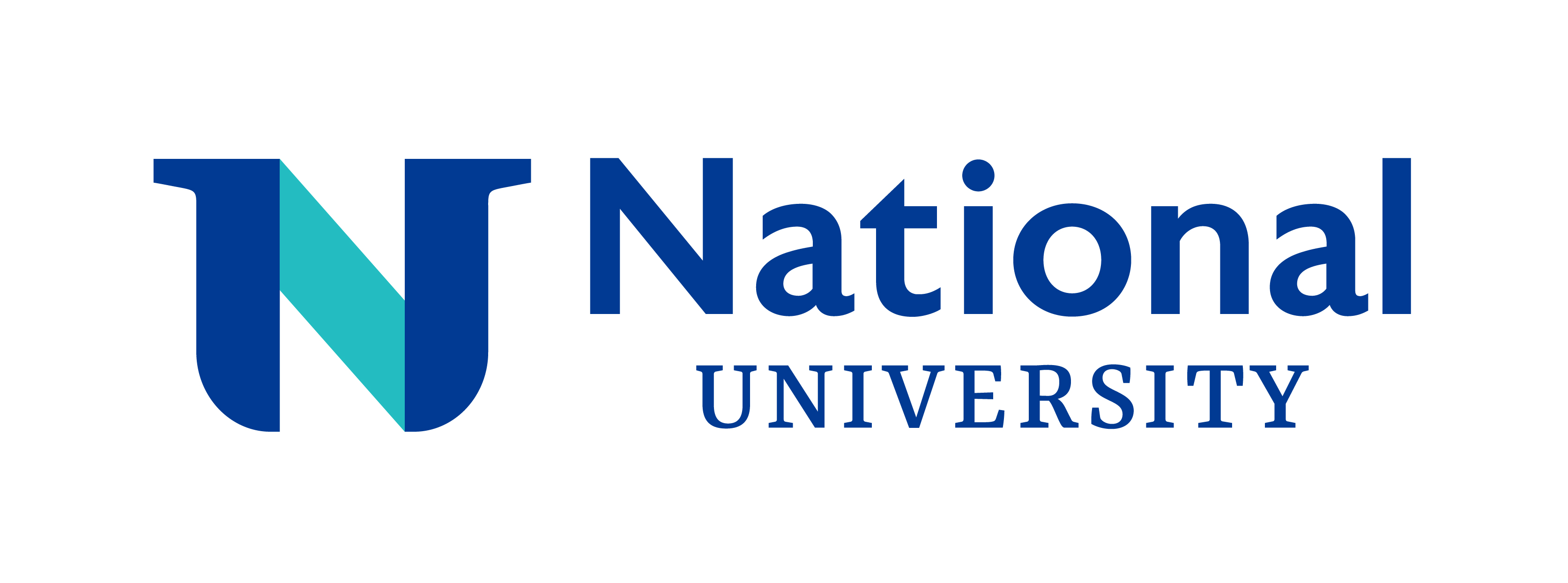MDX1313 - Introduction to Malware
Course Description
Course Description
Malicious software, better known as malware, has become a central element in not just cybersecurity but daily life. It has played a role in everything from our politics to our economy, to our personal lives. However, it remains a poorly understood and reported subject. This course provides a clear and comprehensive introduction to malware and how to defend against it. Instruction is divided into two modules. The first provides an overview of the history and mechanisms of malware. The second module offers a series of real-world scenarios in which the learner must apply several of the concepts covered in the first module.
Learning Objectives
- Identify how malware attacks systems
- Describe the different components of malware
- Explain how malware gets onto computers and how it gets executed
- List the different types of malware
- Identify different tools and strategies to protect against malware
- Explain what to do if infected by malware
Key Features
-
 Expert-supported
Expert-supported
-
 Mobile-friendly
Mobile-friendly
-
 Accessible
Accessible
-
 Badge and credit-awarding
Badge and credit-awarding
-
 Games & Flashcards
Games & Flashcards
-
 Real-world case studies
Real-world case studies
-
 Audio-enabled in app
Audio-enabled in app
Refund Policy
You may request a refund up to 5 days from the purchase date. The registration fee will only be refunded if less than 10% of the course has been completed. Completion percentage can be viewed on the Course Progress page from within the course.
Note
This introductory-level course is designed for learners who have some understanding of basic computing concepts like the Internet, World Wide Web and software, but may also be suitable for experienced IT professionals seeking to expand their knowledge of malware.
This course has an "Ask the Expert" feature, which submits your questions directly to an expert in the field you are studying. Questions are answered as quickly as possible and usually within 24 hours.
This course does not require any additional purchases of supplementary materials.
Learners must achieve an average test score of at least 70% to meet the minimum successful completion requirement and qualify to receive IACET CEUs. Learners will have three attempts at all graded assessments.








